How Much Do Solar Panels Cost To Install?
The cost of installing solar panels is a topic of significant interest for many homeowners and businesses looking to reduce their energy bills and carbon footprint. Understanding the various factors that influence the cost can help potential buyers make informed decisions. In this article, we will delve into the different aspects that affect the cost of solar panel installation, including the types of solar panels, installation costs, government incentives, and long-term savings.
Types of Solar Panels

The type of solar panel you choose can significantly impact the overall cost of installation. There are primarily three types of solar panels available in the market:
1. Monocrystalline Solar Panels: These are the most efficient and longest-lasting type of solar panels. They are made from a single continuous crystal structure, which allows them to convert sunlight into electricity more efficiently. However, they are also the most expensive.
2. Polycrystalline Solar Panels: These panels are made from multiple silicon crystals melted together. They are less efficient than monocrystalline panels but are more affordable. They are a popular choice for residential installations due to their balance of cost and efficiency.
3. Thin-Film Solar Panels: These are the least efficient but also the least expensive. They are made by depositing one or more layers of photovoltaic material onto a substrate. They are flexible and lightweight, making them suitable for certain applications where traditional panels might not be feasible.
Installation Costs

The installation cost of solar panels can vary widely based on several factors:
1. System Size: The size of the solar panel system you need will depend on your energy consumption. Larger systems will cost more but will also generate more electricity, potentially offering greater savings in the long run.
2. Labor Costs: Labor costs can vary depending on your location and the complexity of the installation. In areas with a high cost of living, labor costs will be higher.
3. Permits and Inspections: Local regulations may require permits and inspections, which can add to the overall cost. These costs can vary widely depending on your location.
4. Roof Type and Condition: The type and condition of your roof can also affect installation costs. For example, installing solar panels on a flat roof may be more expensive than on a sloped roof. Additionally, if your roof needs repairs or reinforcement to support the panels, this will add to the cost.
5. Additional Equipment: Depending on your system, you may need additional equipment such as inverters, batteries, and mounting hardware. These can add to the overall cost.
Government Incentives
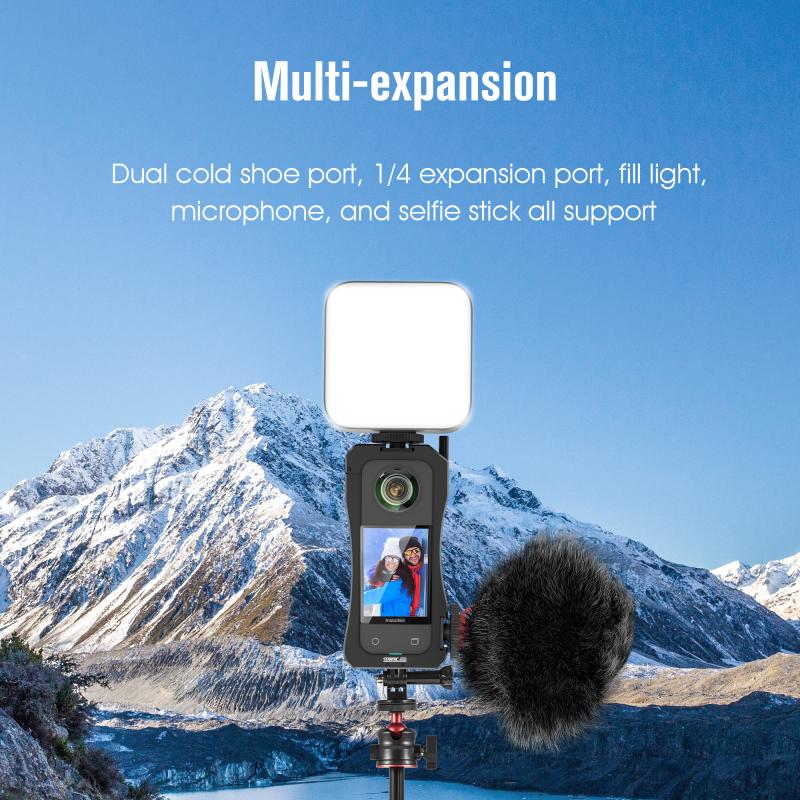
Government incentives can significantly reduce the cost of installing solar panels. These incentives can come in the form of tax credits, rebates, and grants. Here are some examples:
1. Federal Tax Credit: In the United States, the federal government offers a tax credit for solar panel installations. As of 2023, this credit covers 26% of the cost of the system. This percentage is set to decrease in the coming years, so it’s beneficial to act sooner rather than later.
2. State and Local Incentives: Many states and local governments offer additional incentives for solar panel installations. These can include rebates, tax credits, and grants. The availability and amount of these incentives can vary widely depending on your location.
3. Net Metering: Net metering allows you to sell excess electricity generated by your solar panels back to the grid. This can help offset the cost of your system and reduce your overall energy bills.
Long-Term Savings

While the upfront cost of installing solar panels can be significant, the long-term savings can make it a worthwhile investment. Here are some factors to consider:
1. Energy Savings: Solar panels can significantly reduce your energy bills by generating electricity from the sun. The amount you save will depend on your energy consumption and the size of your system.
2. Increased Home Value: Installing solar panels can increase the value of your home. Studies have shown that homes with solar panels sell for more than homes without them.
3. Environmental Benefits: By generating electricity from the sun, you can reduce your carbon footprint and contribute to a cleaner environment.
Cost Breakdown
To give you a better idea of the costs involved, here is a rough breakdown of the average cost of installing a solar panel system in the United States:
1. Solar Panels: $0.70 to $1.50 per watt
2. Inverters: $0.20 to $0.50 per watt
3. Mounting Hardware: $0.10 to $0.30 per watt
4. Labor: $0.50 to $1.00 per watt
5. Permits and Inspections: $0.10 to $0.30 per watt
For a typical 6 kW residential solar panel system, the total cost can range from $15,000 to $25,000 before incentives. After applying the federal tax credit, the cost can be reduced to $11,100 to $18,500.
Financing Options
If the upfront cost of installing solar panels is a concern, there are several financing options available:
1. Solar Loans: Many banks and financial institutions offer loans specifically for solar panel installations. These loans can help spread the cost over several years, making it more affordable.
2. Leasing: Some companies offer solar panel leasing options. With a lease, you pay a monthly fee to use the solar panels, and the company takes care of the installation and maintenance.
3. Power Purchase Agreements (PPAs): With a PPA, a company installs the solar panels on your property, and you agree to purchase the electricity generated at a fixed rate. This can be a good option if you want to avoid the upfront cost of installation.
The cost of installing solar panels can vary widely based on several factors, including the type of panels, system size, labor costs, and government incentives. While the upfront cost can be significant, the long-term savings and environmental benefits can make it a worthwhile investment. By understanding the different factors that influence the cost and exploring available financing options, you can make an informed decision about whether solar panels are right for you.




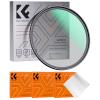




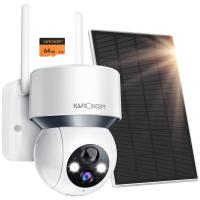
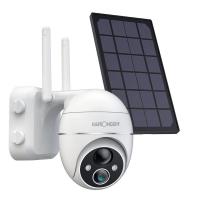
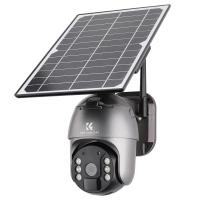
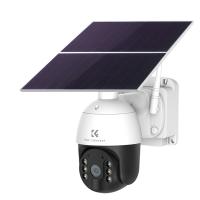
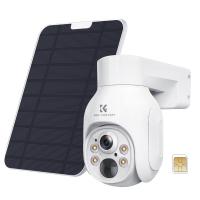
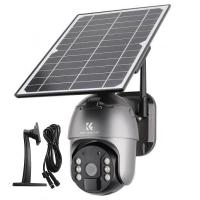
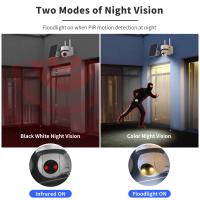
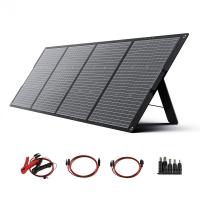




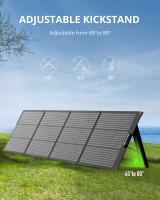

There are no comments for this blog.